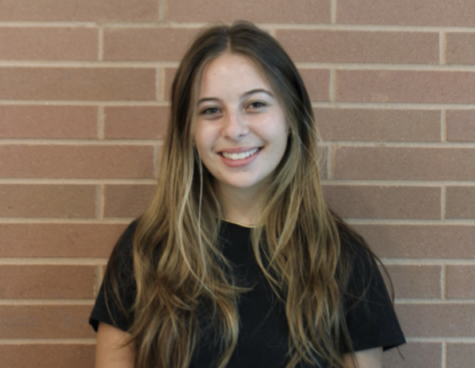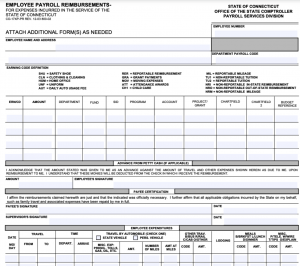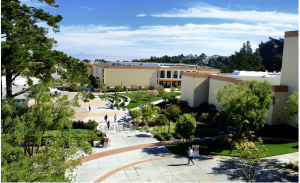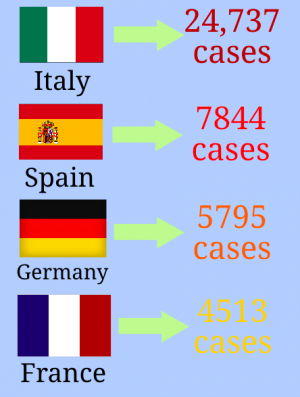College students accept logic of extended break, attempt to capitalize on extra time

Most college students are required to remain at home from late November through mid-January in hopes of reducing unnecessary travel.
Every year, as late November rolls around, college students say their tearful goodbyes to their best friends as they leave for Thanksgiving break. This year, however, the break looks a little different.
What was once a week at home to give thanks, turned into a six week long period of time at home, disallowed from reentering their campuses until mid-January in hopes of minimizing travel during the pandemic.
Maddie McGarry ’19 is a sophomore at Xavier University in Cincinnati, Ohio.
“We start classes [again] on January 19,” McGarry said. “I like [having] two weeks for break, but a month and a half is too much.”
Despite her desire to return to Xavier, McGarry acknowledges the logic behind the break.
“It makes sense and I get why they’re doing it, especially because I go to school out-of-state,” McGarry said. “I have to take a plane to school.”
University of Maine sophomore Jael Jean ’19 shares a similar viewpoint.
“I didn’t really have a problem with [the decision],” Jean said. “I think it was better that way so we can all kind of get back into the home life and be more socially distanced for those seeing family members during the break. I think it was a pretty smart decision.”
To utilize this time productively, homebound students are passing the time in a variety of ways. Fairfield Ludlowe graduate and Villanova University sophomore, Kylie Lawlor, saw the break as a good opportunity to make money.
“I got a job as a seasonal worker at a store[…] I think a lot of stores are doing [seasonal hiring],” Lawlor said.
McGarry is trying to make the most of her time in Westport by intensifying her workout schedule at a local spinning gym.
“I did Cyclebar at school but I only went twice a week[…] then I found out that there was one in Fairfield and I got an “Unlimited” for the month, so now I go every day,” McGarry said. “I’m trying to take an old habit, and [do] it every day so I have something to do.”
All three students agree that this break is an opportunity to relax.
“Besides looking for a job, I’ve mostly been using it as relaxation time,” Jean said.
Most students are ultimately grateful to have some time to unwind after an unconventional semester. The atypicality of the three months the students spent at college made the transition to being at home slightly more tolerable.
“Basically all of my classes ended up being remote. I only had one class that I went to in person,” McGarry said. “We weren’t allowed to have anyone inside our room [except for] two guests, and they had to wear a mask.”
Safety takes precedence over fun, and college students are acknowledging this reality.
“Overall, I definitely think the break is a good idea because it helps avoid unnecessary travel with COVID,” Lawlor said. “Yes, it’s really long, but it’s important to be optimistic during this time and look at the break as a time to be productive rather than complain about what we can’t have.”

Public Relations Director Chloe Murray ’22 enjoys her life as a twin and an aspiring journalist.
“We’re super close and we’re very similar people,”...



















































